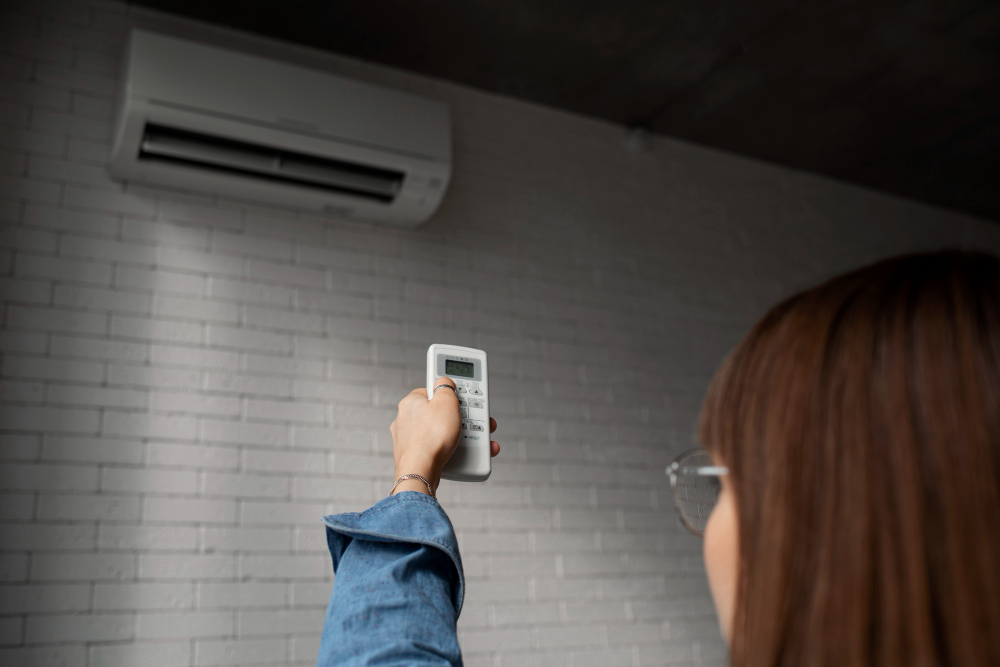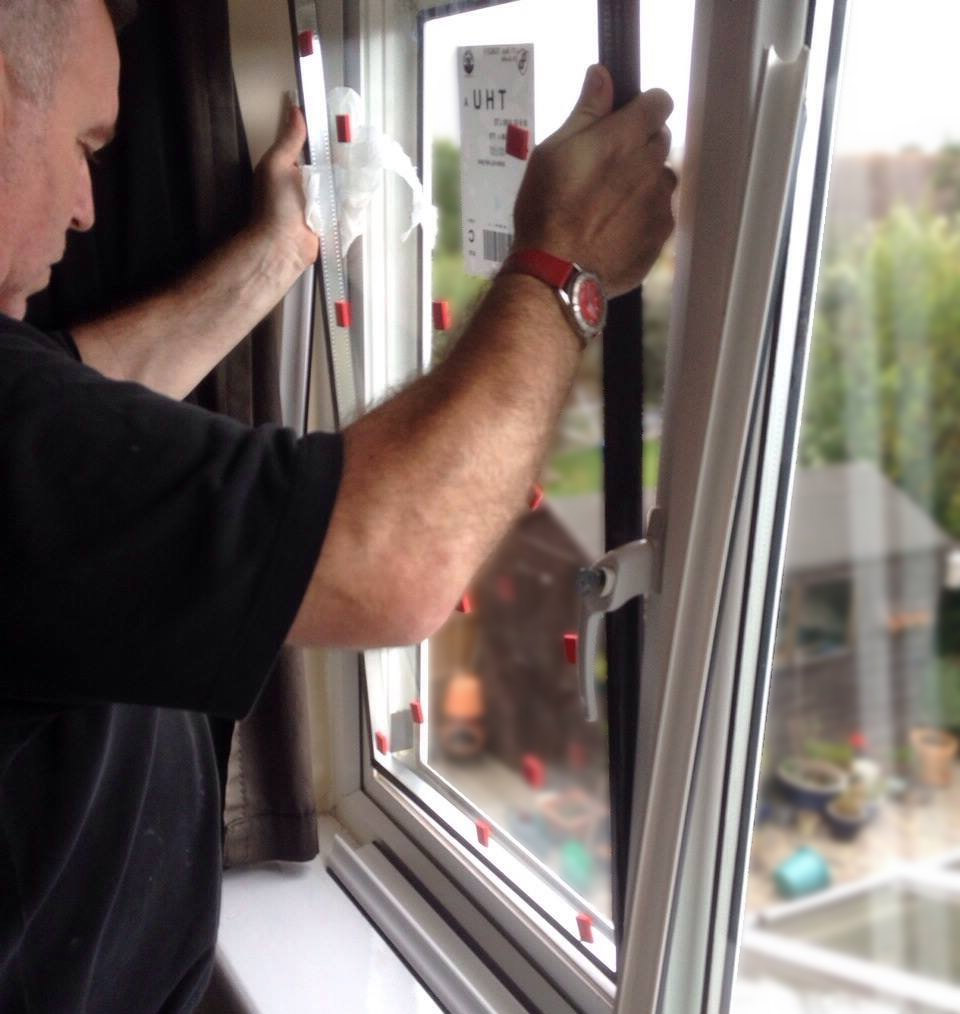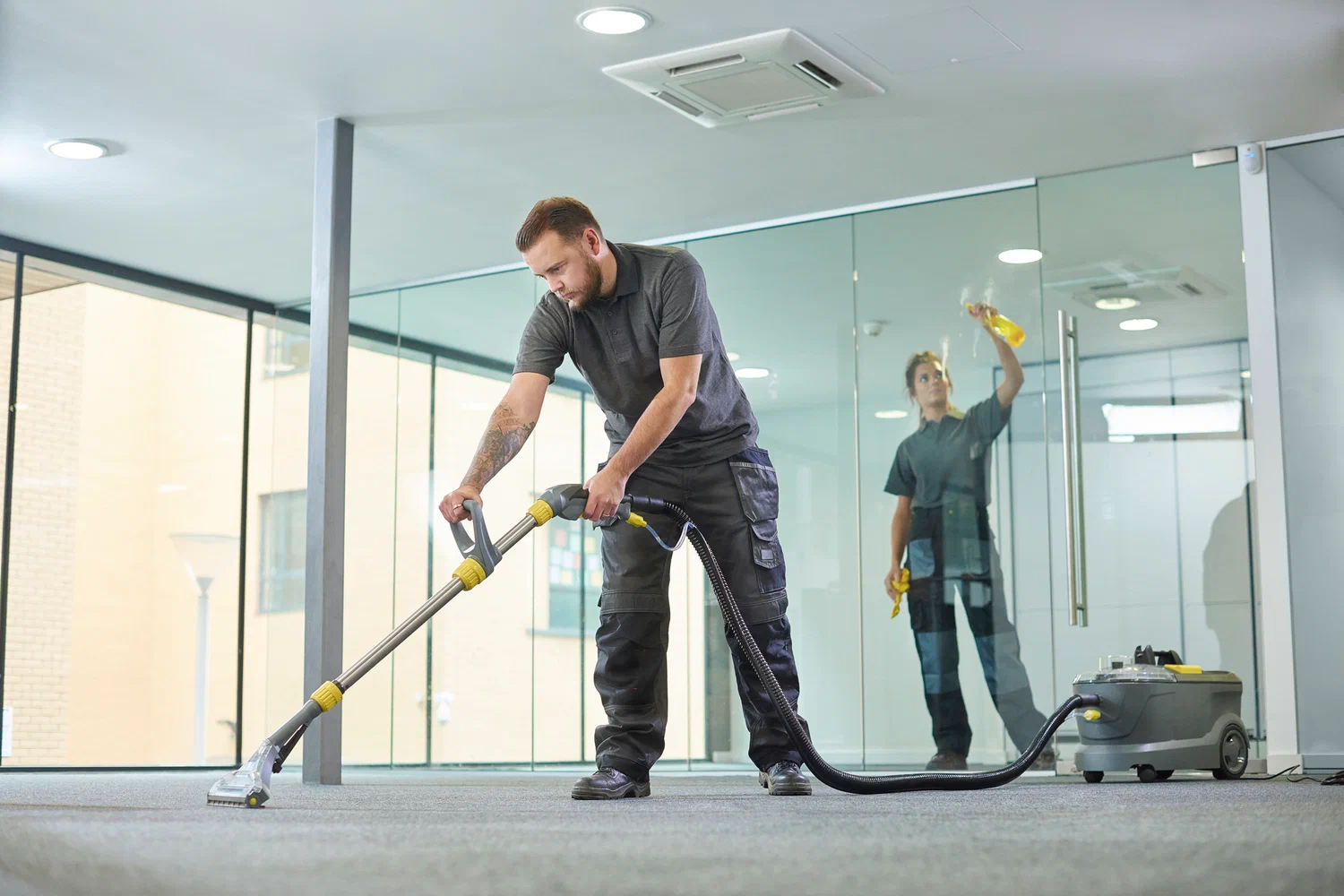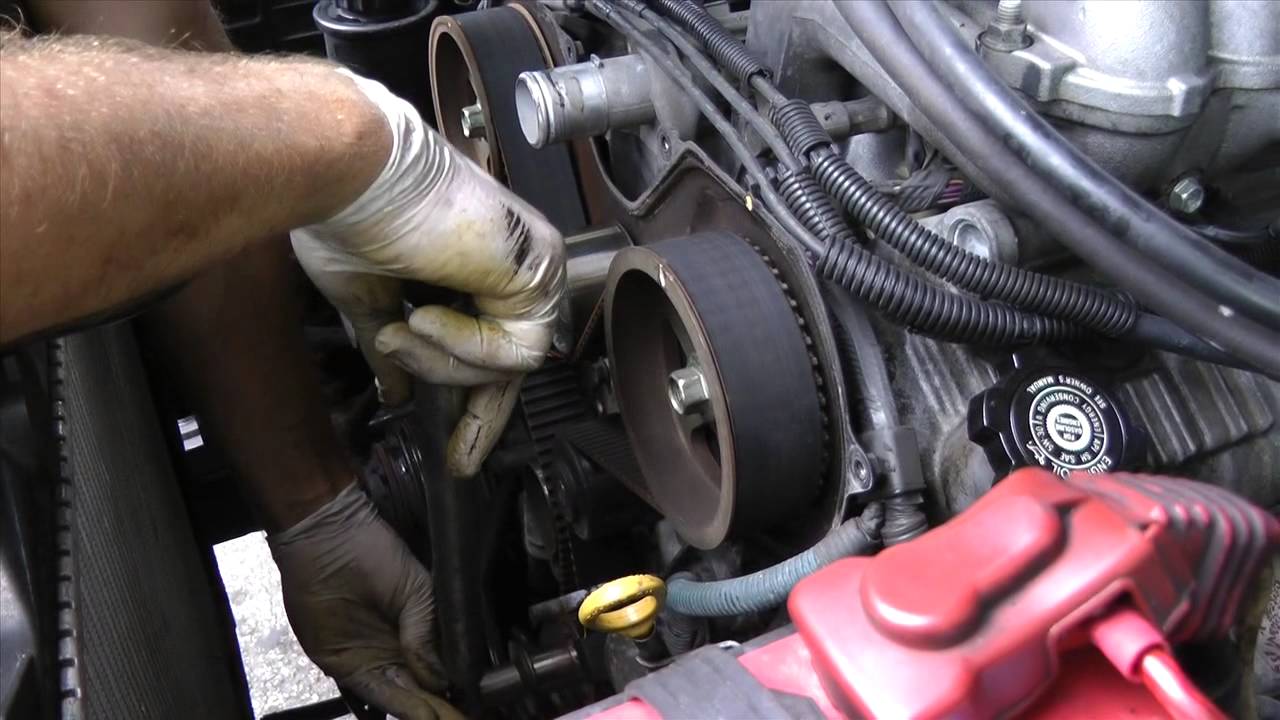Indoor air quality is a crucial aspect of health and comfort in our homes and workplaces. Poor air quality can lead to various health issues, including allergies, respiratory problems, and decreased productivity. HVAC contractors play a significant part in enhancing indoor air quality through their expertise in heating, ventilation, and air conditioning systems. This article explores how these professionals can help create a healthier indoor environment.
Cleaning and Inspecting Ductwork
HVAC contractors evaluate and clean ductwork to ensure indoor air quality. Dust, mold, pet dander, and other allergens can build up in the ducts over time, fostering the growth of hazardous particles. When your HVAC system is in operation, these pollutants can circulate throughout your house or office, posing a health risk to people inside.
HVAC technicians utilize specialized tools and techniques to clean the whole duct system of debris and impurities. This technique not only improves air quality, but it also increases the efficiency of your heating and cooling systems. Clean ducts allow for better ventilation, which can result in decreased energy bills and more comfort.
Furthermore, frequent duct cleaning can help your HVAC equipment last longer by lowering system strain. Investing in professional duct cleaning ensures that the air you breathe is clean, resulting in a healthier living or working environment for everyone.
Installing Advanced Filtration Systems
Installing high-efficiency particulate air filters or electronic air cleaners can greatly improve indoor air quality. HEPA filters are designed to collect at least 99.97% of airborne particles with a diameter of 0.3 microns, including typical allergens like pollen, pet dander, dust mites, and even some bacteria and viruses. This level of filtration ensures that the air circulating in your house or business is significantly cleaner and healthier.
In contrast, electronic air cleaners employ charged plates to capture and trap particles such as smoke and fine dust. These systems can be especially advantageous for people who have allergies or respiratory problems since they help decrease exposure to dangerous particles.
Investing in air purifiers improves overall air quality while also creating a more comfortable environment. These filters must be changed or cleaned on a regular basis to preserve their effectiveness and best performance in catching airborne contaminants. They use charged plates to attract and trap particles such as smoke and fine dust. These systems can be especially advantageous for people who have allergies or respiratory problems since they help decrease exposure to dangerous particles.
Implementing Ventilation Strategies
Proper ventilation is vital for maintaining good indoor air quality (IAQ) since it dilutes interior contaminants and brings in fresh air from outside. HVAC contractors play an important role in improving ventilation systems to provide appropriate airflow in homes and workplaces while limiting the introduction of external contaminants. One practical method is to build demand-controlled ventilation systems. These smart systems monitor occupancy levels and automatically change the amount of fresh air brought in, ensuring that spaces are not over- or under-ventilated.
By optimizing airflow, these systems contribute to a more comfortable atmosphere while consuming less energy. HVAC contractors can also use high-quality filters on incoming air and design ductwork to reduce the entrance of dust, pollen, and other contaminants. This proactive approach not only improves air quality but also promotes occupant health and well-being, making it an essential component of any successful HVAC system. Regular examinations and upgrades by HVAC professionals can help guarantee that ventilation remains efficient and effective over time.
Utilizing Smart Technology
With developments in smart home technology, HVAC contractors can now include smart thermostats and sensors into their existing heating and cooling systems. These unique sensors continuously measure indoor air quality in real time, delivering useful information on temperature, humidity, and pollutant concentrations. Smart thermostats can analyze this data and automatically modify HVAC settings to maintain the best conditions for comfort and health.
For example, if the air quality deteriorates owing to high humidity or pollution, the system can respond by increasing ventilation or altering the temperature. This not only improves indoor air quality but also increases energy efficiency, resulting in cheaper power bills and a more environmentally friendly home.
Addressing Humidity Issues
Humidity has a substantial impact on indoor air quality, affecting both comfort and health. High humidity levels can promote mold growth, dust mites, and other allergens, exacerbating respiratory problems and allergies. Conversely, low humidity can cause dry skin, itchy eyes, and respiratory discomfort.
To address these concerns, HVAC experts can install humidifiers or dehumidifiers that are matched to the needs of the space. Humidifiers supply moisture to the air during the dry season, whilst dehumidifiers aid to remove excess moisture in humid weather. By successfully managing humidity levels, these systems help to create a healthier indoor environment and improve occupant comfort.
Key Takeaway
HVAC contractors play an important role in enhancing indoor air quality since they are experts in system installation, maintenance, and sophisticated technology. By providing correct ventilation, filtration, and humidity control, these specialists contribute to healthier living and working environments. Investing in regular HVAC services not only improves comfort but also increases overall health for all occupants.




